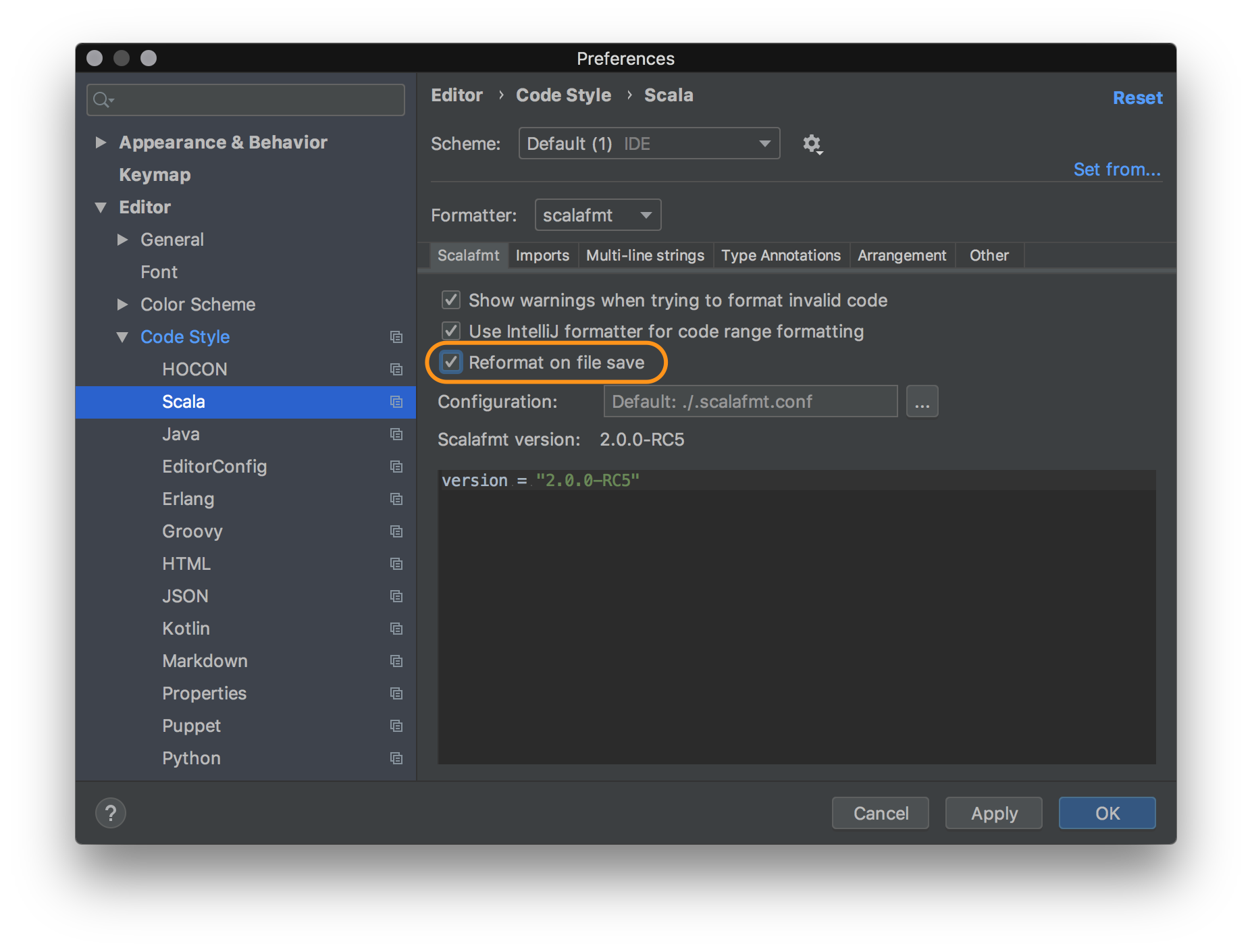Welcome to the Qbeast community! Nice to meet you :)
Either you want to know more about our guidelines or open a Pull Request, this is your page. We are pleased to help you through the different steps for contributing to our (your) project.
To find Qbeast issues that make good entry points:
-
Start with issues labelled
. For example, see the good first issues in the repository for updates to the core Qbeast Spark code.
-
For issues that require deeper knowledge of one or more technical aspects, look at issues labelled
.
You can find the developer documentation (Scala docs) in the https://docs.qbeast.io/.
All contributed code, docs, and other materials are considered licensed under the same terms as the rest of the project. Check LICENSE for more details.
- Always make a new branch for your work, no matter how small
- Don´t submit unrelated changes to the same branch/pull request
- Base your new branch off of the appropriate branch on the main repository
- New features should branch off of the
mainbranch
-
We follow Scalastyle for coding style in Scala. It runs at compile time, but you can check it manually with:
sbt scalastyle
-
Scalafmt is used for code formatting. You can configure your IDE to reformat at save:
Or alternatively force code formatting:
sbt scalafmt # Format main sources sbt test:scalafmt # Format test sources sbt scalafmtCheck # Check if the scala sources under the project have been formatted sbt scalafmtSbt # Format *.sbt and project/*.scala files sbt scalafmtSbtCheck # Check if the files have been formatted by scalafmtSbt
-
Sbt also checks the format of the Scala docs when publishing the artifacts. The following command will check and generate the Scaladocs:
sbt doc
Note: You can run tests for different Spark and Hadoop versions specifying them with -Dspark.version and -Dhadoop.version.
Find an example in the Setting Up section of README.md
- For all tests:
sbt test- To run a particular test only:
sbt "testOnly io.qbeast.spark.index.writer.BlockWriterTest"Identify the committers and contributors who have worked on the code being changed, and ask for their review 👍
1. Install sbt(>=1.4.7).
Download Spark 3.2.2 with Hadoop 3.3*, unzip it, and create the SPARK_HOME environment variable:
*: You can use Hadoop 2.7 or 3.2 if desired, but you could have some troubles with different cloud providers' storage, read more about it here.
wget https://archive.apache.org/dist/spark/spark-3.2.2/spark-3.2.2-bin-hadoop3.2.tgz
tar xzvf spark-3.2.2-bin-hadoop3.2.tgz
export SPARK_HOME=$PWD/spark-3.2.2-bin-hadoop3.2Navigate to the repository folder and package the project using sbt. JDK 8 is recommended.
ℹ️ Note: You can specify custom Spark or Hadoop versions when packaging by using
-Dspark.version=3.2.2or-Dhadoop.version=2.7.4when runningsbt assembly. If you have troubles with the versions you use, don't hesitate to ask the community in GitHub discussions.
cd qbeast-spark
sbt assemblyThis code generates a fat jar with all required dependencies (or most of them) shaded.
The jar does not include scala nor spark nor delta, and it is supposed to be used inside spark.
For example:
sbt assembly
$SPARK_HOME/bin/spark-shell \
--jars ./target/scala-2.12/qbeast-spark-assembly-0.3.2.jar \
--conf spark.sql.extensions=io.qbeast.spark.internal.QbeastSparkSessionExtension \
--packages io.delta:delta-core_2.12:1.2.0The following are the refined values that our community has developed in order to promote continuous improvement of our projects and peers.
Automate. Large projects are hard work. We value time spent automating repetitive work. Where that work cannot be automated, it is our culture to recognize and reward all types of contributions.
Innovation requires alternate points of view and ranges of abilities which must be heard in an inviting and respectful environment. Community leadership is acquired through hard work, quality, quantity and commitment. Our community recognizes the time and effort put into a discussion, no matter where a contributor is on their growth journey.
Qbeast Spark is a stronger project because it is open to fresh ideas. The Qbeast project culture is built on the principles of constant improvement, servant leadership, mentorship, and respect. Leaders in the Qbeast community are responsible for finding, sponsoring, and promoting new members. Leaders should expect to step aside. Members in the community should be prepared to step up.
We're here first and foremost as a community, and our devotion is to the Qbeast project's intentional care for the benefit of all its members and users globally. We believe in publicly cooperating toward the common objective of creating a dynamic, interoperable ecosystem ensuring our users have the best experience possible.
Individuals achieve status by their efforts, and businesses gain status via their commitments to support this community and fund the resources required to keep the project running.
The scale of the Qbeast Spark project can only be achieved through highly reliable and highly visible assignments, including authorization, decision-making, technical design, code ownership, and documentation. Our global community is built on distributed asynchronous ownership, cooperation, communication, and decision-making.
As Pablo Picasso once said:
"Action is the foundational key to all success."



